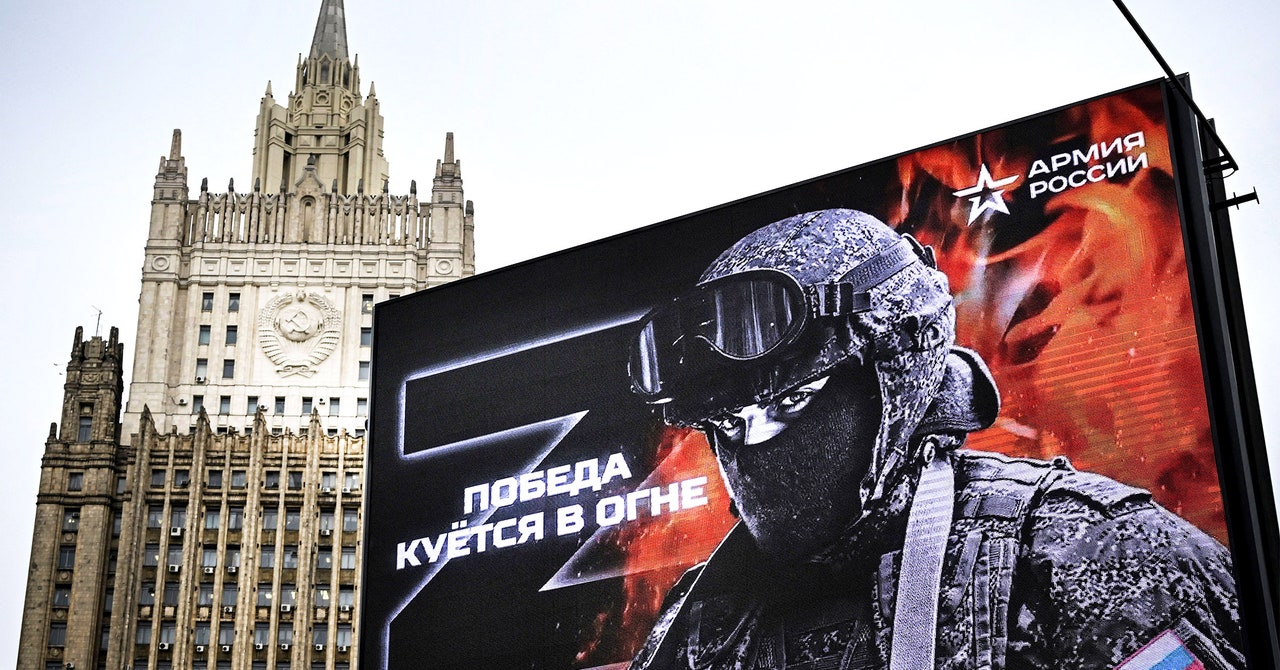Pro-Kremlin for months media has taken a belligerent tone by proposing President Vladimir Putin to take the extraordinary step of launching a nuclear attack on Ukraine. On Russian state television and social media sites, experts and presenters warned that Europe could be reduced to ashes if it continued to support Ukraine.
Last week, Moscow tapped into that rhetoric, conducting nuclear weapons exercises and accusing Kiev of planning a false flag attack, perhaps with a nuclear-laced “dirty bomb.”
“Our information about Ukraine’s possible provocations with the use of an atomic bomb is sufficiently reliable,” Russian Foreign Minister Sergei Lavrov told a news conference on Oct. 24. Defense Minister Sergei Shoigu had passed this supposedly reliable information to the leaders of the United States, United Kingdom, France and Turkey, according to Russian government reports.
That extraordinary accusation, which echoes bombast that has permeated both state-sanctioned television news and the more independently-minded broadcasters on messaging app Telegram, has raised concerns that a nuclear attack on Ukraine is imminent. Even though the Kremlin has tried to allay those fears in recent days, fears of a possible nuclear attack remain high.
If Russia uses a nuclear weapon in Ukraine, it would be the first nation-state to do so since the United States bombed Hiroshima and Nagasaki in 1945. It would also be alms for the increasingly aggressive pundits and influencers who have been working overtime to keep up with support for the war at home.
But this kind of apocalyptic language from Russian state television is not new. Nor are unfounded allegations that Ukraine is preparing a dirty bomb. In fact, experts say, the language coming from the Russian propaganda bodies has not changed at all.
This nuclear propaganda aims to “scare the West and appease the public — and take their minds off failures,” said Kateryna Stepanenko, a Russia analyst at the US think tank Institute for the Study of War and a frequent viewer of Russian TV.
“It’s pretty standard for Russian television to use nuclear threats,” Stepanenko said. “It is very common for Russian media to remind their domestic public that they have nuclear weapons and that they are still a powerful state.”
How the “dirty bomb” propaganda began
Rhetoric around a “dirty bomb” first surfaced on pro-Russian Telegram channels before the war even started.
A popular account with nearly 100,000 followers uploaded a video in early February claiming that a far-right Ukrainian organization is building such a bomb: hands wrapped in black gloves placed a radiological meter on a barrel of so-called nuclear material. The account warned that such a bomb would be “used against Russian forces in the event of an invasion”.
However, the video was quickly debunked – the Ukrainian video is full of spelling mistakes and shows ordinary industrial equipment, according to the Ukrainian fact-checking organization StopFake. Nevertheless, the basic claim remained a constant reference for those pro-Kremlin Telegram accounts — appeared in hundreds of posts in the past eight months and was viewed hundreds of thousands of times.

